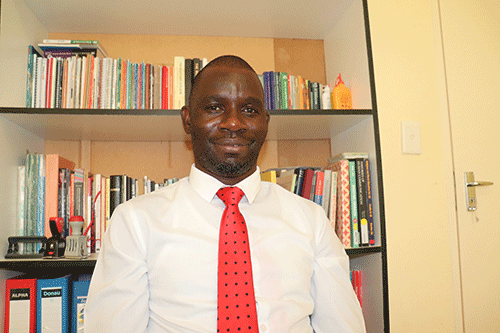Lasarus Hakwaake
Namibia is faced with a fundamental problem involving the mismatch between the demands of its future labour market and the education it provides. As a result of the mismatch between the needs and capabilities of the country, the educational system needs to undergo significant revisions.
First, the curriculum must be revised to include more practical science, technology, engineering and mathematics (STEM) subjects, such as clean energy, water management, industrialisation and telecommunications that align with the emerging employment market and the country’s development requirements.
This will assist learners in acquiring the technical skills and competencies required to tackle present and future challenges.
Second, the educational system must be more adaptable with continuous evaluation and adjustment to cope with the accelerating pace of technological advances and market demands.
The incorporation of modern teaching methods and technologies may require integrating learning analytics, mobile technology, micro-learning and robotics into K-12 education.
Third, learners must be prepared to adapt to an ever-changing global workforce. This involves fostering critical thinking, problem-solving abilities, as well as adaptability that will allow them to remain competitive in an ever-changing job market.
Fourth, entrepreneurship education should be incorporated into the curriculum, teaching learners how to establish and operate enterprises in a variety of industries. This will assist in addressing the country’s current high unemployment rate and skills gap.
The mismatch between Namibia’s educational system and the demands of the future labour market must be addressed, and policymakers, educators and students must collaborate to ensure reforms are implemented successfully.
With the help of these steps, Namibia can develop a workforce that is well-rounded and versatile, prepared to meet the demands of the future labour market and advance its economy.
To remain competitive and prosperous in the future, the nation’s education system must keep pace with the rapidly changing global economy.
*Lasarus Nghifindwako Hakwaake is a Master in Leadership in Open Education student at the University of Nova Gorica, Slovenia.



